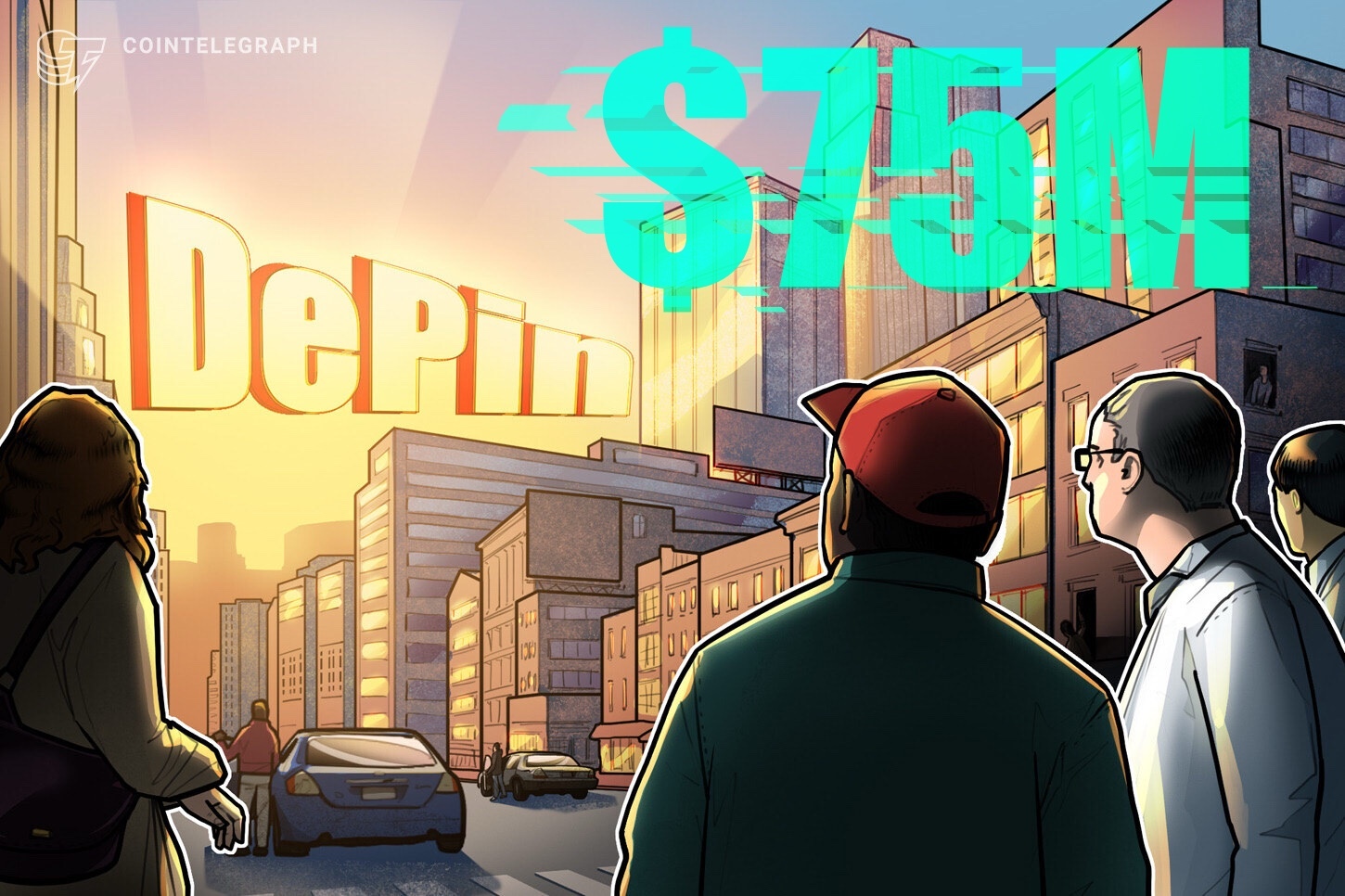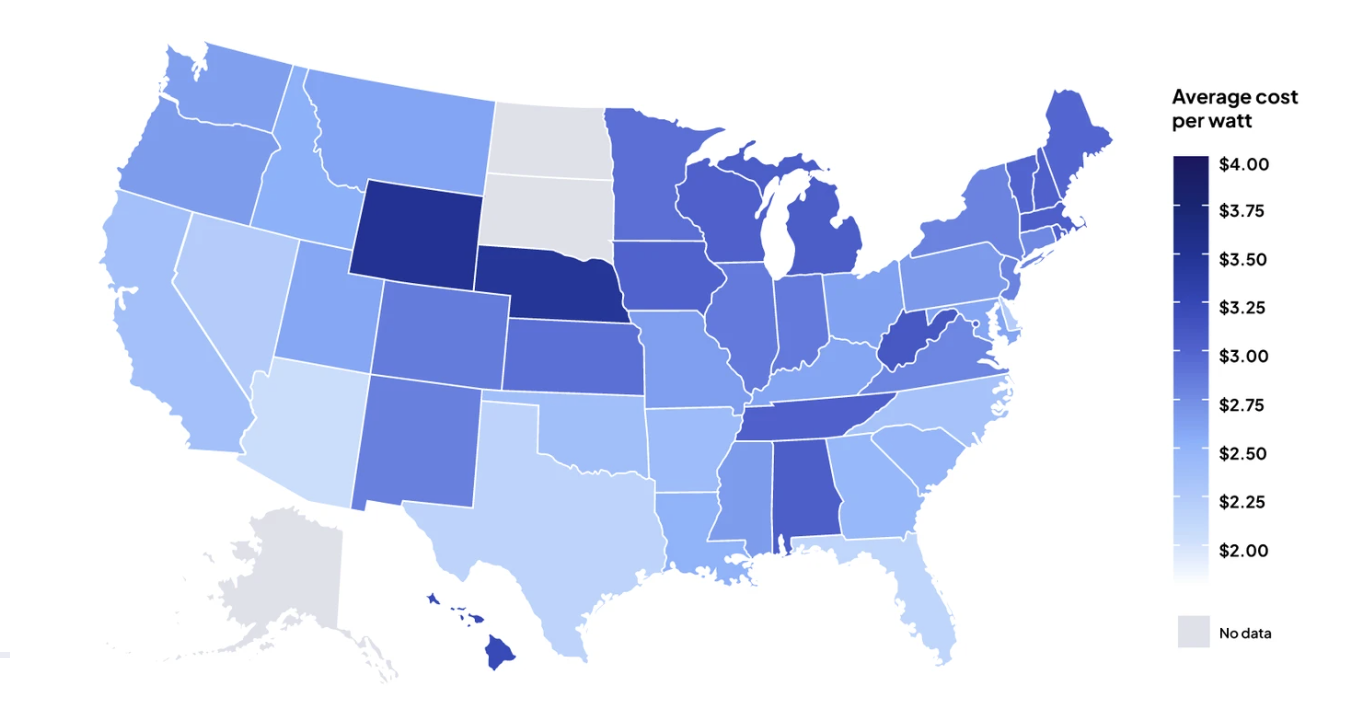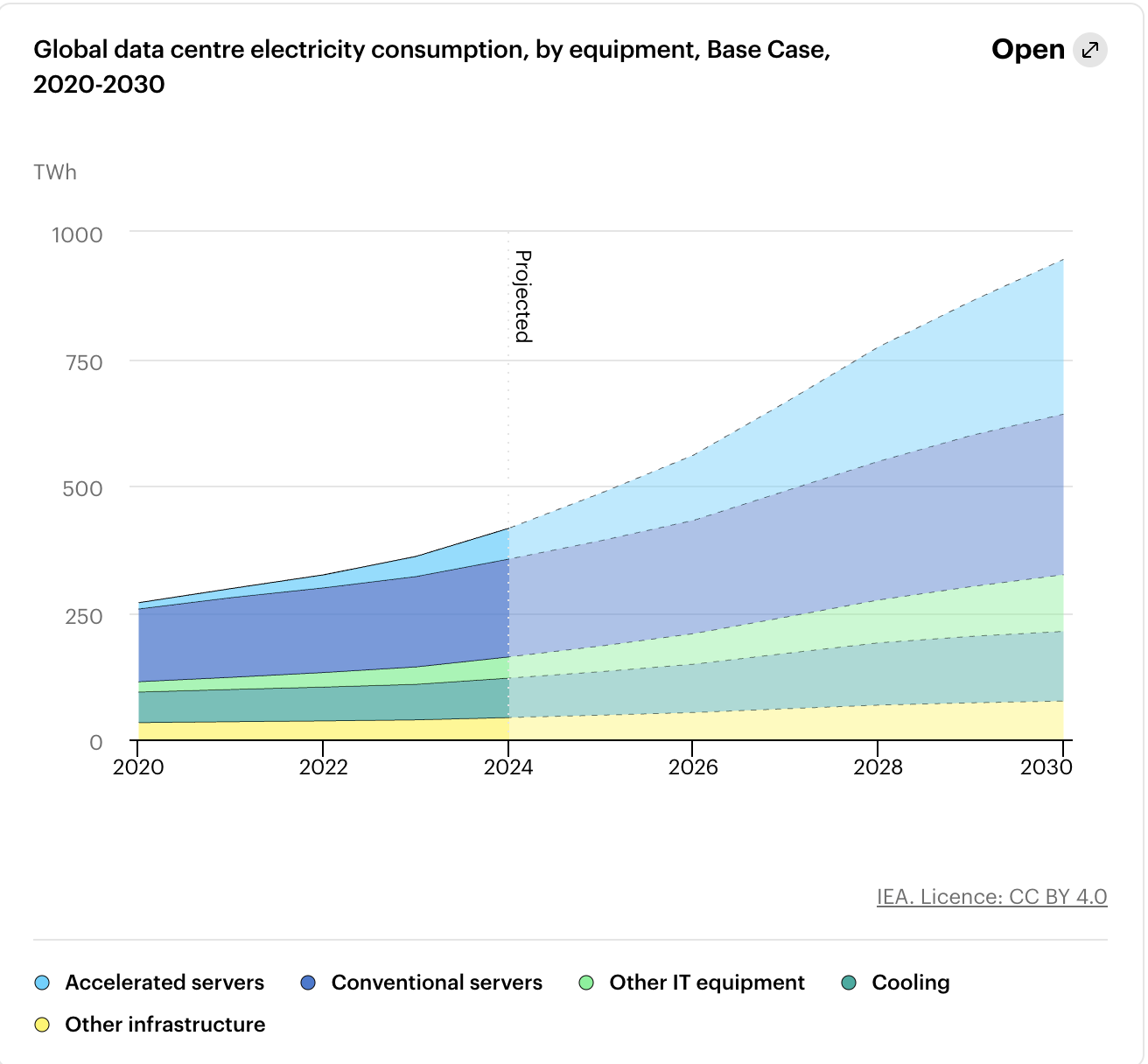
Daylight Secures $75 Million to Enhance Decentralized Solar Energy Infrastructure
Daylight has raised $75 million to expand its decentralized solar energy network in the U.S., making solar access more affordable for consumers.
Daylight, a decentralized physical infrastructure network (DePIN) initiative aimed at developing a distributed solar energy grid, has successfully raised $75 million to bolster its solar coverage across the United States.
This initiative enables customers to access solar power on a subscription basis, eliminating the steep initial investment for solar panels and batteries, which can often exceed $30,000. Notably, the project’s testnet launched in 2024.
The network earns revenue from its subscription-based service while allowing customers to contribute surplus energy back to the power grid. Participants can earn “sun points” for their contribution, with plans for a token introduction on the horizon.
The funding round attracted notable venture capital entities, including Framework Ventures, a16z Crypto, Lerer Hippeau, M13, Room40 Ventures, EV3, and Turtle Hill Capital.
 Average cost of solar per kilowatt hour for each state in the United States. Source: EnergySage
Average cost of solar per kilowatt hour for each state in the United States. Source: EnergySage
DePINs illustrate the potential for decentralized technologies to create meaningful real-world applications by aligning customer and business interests to establish resilient community-owned infrastructure, mirroring traditional centralized systems.
Related: SEC clears DePIN tokens as ‘fundamentally’ outside jurisdiction
Current Energy Grid Strained by Tech Demands
High-performance computing centers, such as those utilized by artificial intelligence and cryptocurrency mining, necessitate substantial energy input, which currently harms the power grid.
As technology companies ramp up their energy needs, consumer prices could potentially rise. Since 2020, wholesale energy prices near data centers have increased by an astonishing 267%, according to Bloomberg.
The concentrated energy demands of AI training and the data centers that support this technology could lead to a global energy crisis, as highlighted by Greg Osuri, founder of Akash Network, a marketplace for computational power.
 Energy demand for AI data centers is projected to continue surging throughout 2030. Source: IEA
Energy demand for AI data centers is projected to continue surging throughout 2030. Source: IEA
To address this issue, it’s essential to decentralize data centers by sourcing power from diverse locations, including personal computers with graphics capabilities and enterprises with robust computational processors.
Osuri remarked, “Once incentives are figured out, this will take off like mining did,” during his discussion with Cointelegraph in September.
Prominent tech giants such as Google, Amazon, Meta, and Microsoft are investigating alternative energy resources for their AI data centers to lessen reliance on the traditional electrical grid.
In June, Amazon finalized a nuclear energy agreement with Talen Energy for 1,920 megawatts (MW) to power its AI and service centers in Pennsylvania.
Magazine: The blockchain projects making renewable energy a reality


